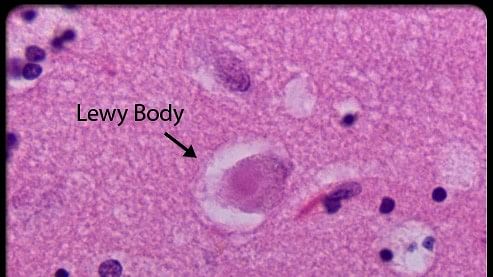
Parkinson’s disease, a degenerative condition that affects the nervous system and the brain, is the world’s fastest-growing brain disease. India currently ranks among countries with the lowest disease prevalence, but experts warn of a 200-300% rise in the next few decades. Characterized by symptoms such as hand tremors and stiff and slow body movements, the disease progresses toward speech slurring and difficulty breathing and swallowing over the years.
Although Parkinson’s was first described more than 200 years ago, there’s no known cure even today, possibly because scientists are yet to understand what causes the disease. So far, scientists have uncovered that a misfolded protein, called alpha-synuclein, gradually accumulates in the brain and forms Lewy bodies. These protein clumps kill nerve cells that produce dopamine—a neurotransmitter vital for movement and memory—causing the symptoms often seen. For years, scientists thought genes and the environment might play a role in who develops Parkinson’s, but the exact mechanism remained blurry.
New research suggests that Parkinson’s may not even originate in the brain but in the body—either in the nose or the gastrointestinal tract. Environmental toxins such as trichloroethylene (TCE) and perchloroethylene (PCE) from dry cleaning and degreasing chemicals, the weed killer paraquat, and air pollution can produce alpha-synuclein in our nerve cells. The soft tissues that line our nose and the gut are connected to the brain through nerves.
When we inhale these toxic chemicals, nerves in our nose transport alpha-synuclein to the brain’s smell centre, from where it goes to other parts of the brain. On the other hand, when we ingest the toxins, alpha-synuclein is produced in the gut and carried to the brain, where eventual damage occurs.
Scientists posit that similar environmental toxins could also play a role in other neural conditions such as early dementia, autism in children, amyotrophic lateral sclerosis (ALS) and Alzheimer’s—all of which are currently not curable but only managed. The new insights, they say, can help prevent the onset of Parkinson’s by reducing peoples’ exposure to these chemicals or, one day, find a cure.